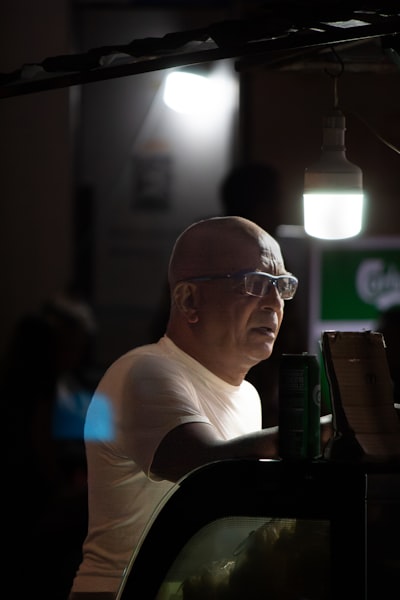Summary
Hong Kong's entertainment world is grieving the recent loss of two esteemed actors, Chow Chung and Suet Nei. Chow Chung, a familiar face often cast as a lovable elderly gentleman in contemporary productions, died at 92 due to pneumonia. Suet Nei, another iconic figure with a strong legacy in television and cinema, passed away at 77 after a battle with pancreatic cancer—tragically, just 10 days following the death of her husband, the respected kung fu choreographer Tang Chia. Their deaths mark not only the passing of individuals but also a generational shift in the cultural landscape.
Analysis
The deaths of these two artists highlight the vulnerabilities and impermanence of cultural heritage. Chow Chung, born Sin Kam-wing in 1932, leaves behind six decades of moving performances and mentorship in the Hong Kong film and television industry. Meanwhile, Suet Nei and her husband Tang Chia represented a golden era of Hong Kong cinema, particularly in the genres of martial arts and classic television drama. The consecutive losses within a single family—compounded by their status as a "model couple"—underscore both the personal and communal grief felt in the industry. Their passing reflects a transformative period, as Hong Kong's entertainment sphere faces rapid change due to globalization, digital disruption, and shifting audience tastes.
It's also notable that the news focuses on their kindness, professionalism, and interpersonal relationships, framing them not only as screen legends but as moral exemplars. However, the article provides limited context on their most influential works or their specific contributions to Hong Kong's cultural identity. In doing so, it somewhat leans on sentiment over substance, perhaps mirroring the ways public mourning often simplifies complex legacies into shared emotions.
Discussion
Why do such losses matter beyond the fan community? The passing of Chow Chung and Suet Nei is a reminder that popular culture is not only about fleeting entertainment but also about preserving collective memory and identity. These actors served as bridges between generations—helping to shape not just Hong Kong’s cinematic past but its shared sense of self amidst political and social change. When legendary figures depart, it can feel as though a chapter of history closes, prompting both nostalgia and introspection regarding the future of the arts.
Drawing parallels, we see similar collective grief when other cultural icons pass—whether in Hollywood, Bollywood, or Japan’s film industry—pointing to the universal power of storytelling and celebrity in shaping communal consciousness. There is also an important ethical dimension: as long-serving artists age, what responsibilities do societies and industries have towards honoring, supporting, and archiving their legacies?
The world may be changing fast, but stories endure. The passing of these two luminaries is both a call to celebrate the richness of Hong Kong's cinematic heritage and a moment to consider how such legacies will be remembered and reimagined for generations to come.

Comments
No comments yet. Be the first to comment!